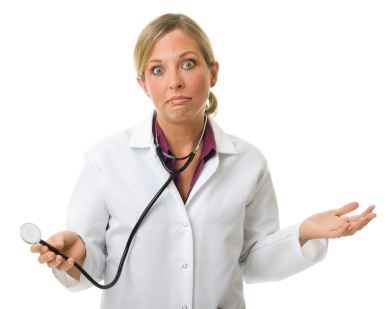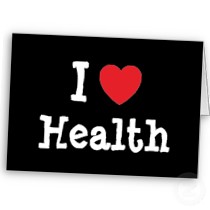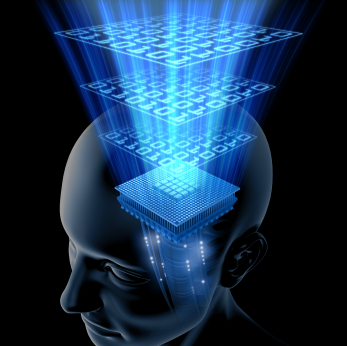Liver

The liver is the body’s distribution center. Think of it as a Wal-Mart distribution center. It receives processed food and nutrients from the intestines by way of the veins and lymph vessels that are around the intestines. These veins and vessels go directly to the liver. The big vein from this intestinal area that goes to the liver is called the portal vein. Think of a “port” for a ship where all of the cargo is unloaded. It is this same vein, by the way, that a baby’s umbilical cord is hooked into when it receives the blood and nutrients from the mother during it’s time in the womb.
Once the liver receives the basic raw food nutrients from the intestine, it processes and repackages the food as needed. It then distributes these vital components to the tissues where they are used or else stored for later use. If you were building a wall you would have to have bricks in order to build the wall. The liver provides the proper bricks. If the liver is not working well, the organs do not have what they need in order to conduct their daily business. The body doesn’t grow or heal well, organs lack proper function, and overall energy suffers. If daily wear and tear on joints and muscles is not compensated for with daily healing; joint, muscle and disc problems easily develop.
The liver also performs a quality control function. It has a duty to only let good things pass and rejects low quality or harmful substances. If toxins are absorbed with the food the liver neutralizes them if necessary and dumps them back into the intestine. If food is not completely processed, it either completes the processing, if possible, or rejects the food by dumping it back into the intestine. Should harmful bacteria, infected organisms or improper proteins enter from the intestine, special immune system cells called Kupfer cells handle the organisms and dump the resultant harmful waste products into the intestine. As blood from other parts of the body also cycles through the liver, the liver also does quality control on it. If red blood cells are becoming worn down or weak, for instance, the liver takes these out of circulation and breaks them down for re-use or disposal into the intestines. If this isn’t happening properly, the person may start turning yellow from the pigment in the red blood cells that isn’t being properly handled. This is called jaundice and is one of the things people look at as a sign of a liver that isn’t working well.
If the liver is slow, sluggish or congested (as is common with infection or heavy metal poisoning), it can cannot keep up with the flow of blood from the intestines. This may cause a back pressure in the veins around the intestine, resulting in engorged veins and the development of hemorrhoids.
Should the amount of toxins and improper proteins be too great for the liver to handle, the liver will let the immune system of the blood and lymph do the work. The blood and lymph system then have to handle the undesirable products by using the immune system enzymes to break them down. The resultant waste then must be disposed of through the kidneys, through the skin (often resulting in a rash) or by dumping into the sinuses causing sinus problems and congestion. Headaches are common when this occurs, as is a “heavy” type of tiredness.
The amount of chemical reactions that are performed in the liver are staggering. Some estimate in excess of 500 different functions are performed, far too many to be listed here. It has the ability to take parts from one or more item and assemble it into something that is needed. It can transform protein and fat, for instance, into sugar on demand. It assembles basic parts into more complex parts to create blood protein and other complex molecules as well. Some hormones, such as growth hormone, are activated by the liver. Once the hormones are secreted and have performed their function it is the liver which takes them out of the blood. If this is not being performed by the liver, a hormone imbalance may result.
All in all the liver is one busy organ. Digestion, transformation, recycling, detoxification, activation and maintenance are a few of the vital functions that the liver performs. But even the liver requires basic raw materials to properly perform its job. If your liver is in jeopardy, your health is in jeopardy. Cause Point Correlative Testing will let you know if your liver is in need of help and what specific nutrition is necessary for the restoration of it’s function. Call (260) 459-6160 (Ft. Wayne) or (773) 929-3964 (Chicago) for an appointment.
Dr. Dave Murdock











